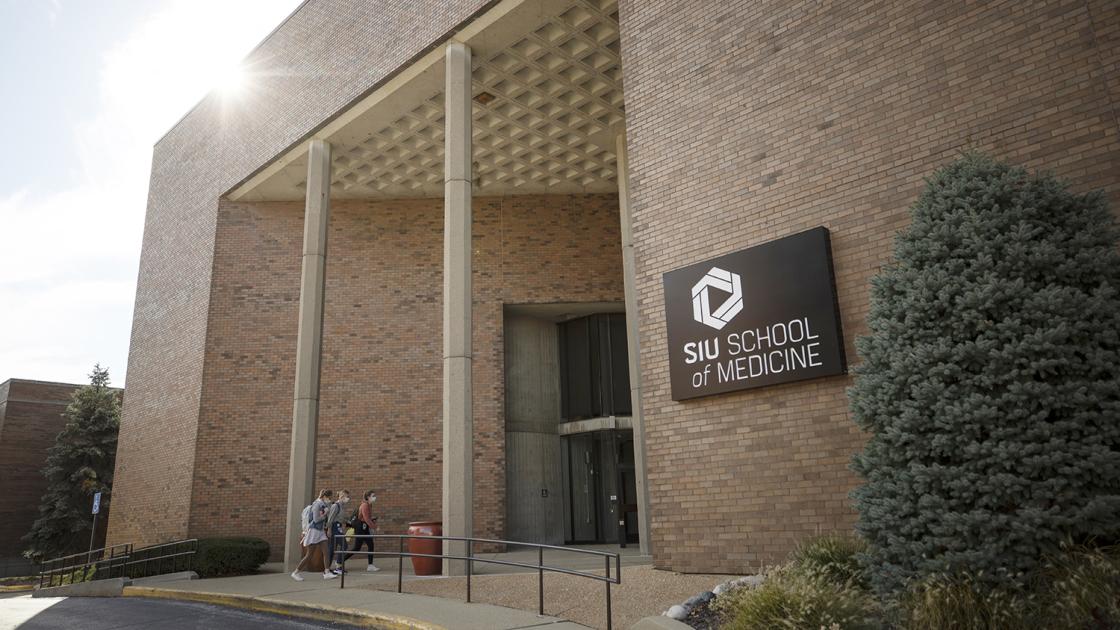
Clinical Trials to Test New Alzheimer's Treatments
May 2, 2017 – Do you know someone who has Alzheimer’s disease or suffers from memory loss? Researchers at Southern Illinois University Medicine are conducting clinical trials to test the effectiveness of treatments for Alzheimer’s disease (AD) and memory loss. SIU’s Center for Alzheimer’s Disease and Related Disorders (CADRD) is helping to coordinate four separate studies with similar qualifications for each.
Two of the studies are investigating treatments that may slow disease progression; one may improve the effects of existing therapies and the other may help manage the behavioral symptoms of patients with moderate to severe AD. Patients could be eligible to participate in the trials if they:
- have a diagnosis of memory loss, or mild, moderate or severe AD
- are 50 to 90 years of age
- have a caregiver able to attend each study visit
The clinical trials will include free, study-related medical exams and assessments. A medical team will always be available to answer questions. All of the studies offer stipends to cover travel related expenses.
There is no known cure for Alzheimer’s. Though an estimated five million people in the US currently suffer from AD, the US Food and Drug Administration has not approved any new drugs since 2003.
“The impact of Alzheimer’s disease both for sufferers and their loved ones is staggering, and many people living with AD may feel left behind when it comes to options that could improve the quality of life of those dealing with complications,” said Tom Ala, MD, associate professor of clinical neurology and interim director of CADRD. “Being part of a clinical research trial is an opportunity to help advance doctors’ understanding and treatment of Alzheimer’s.”
SIU researchers take part in ongoing, national clinical testing of drugs to treat AD and memory loss in efforts to improve individuals’ ability to function or improve their quality of life. AD develops when the brain’s nerve cells no longer function correctly, affecting one’s memory, behavior and ability to think clearly. During the mild-to-moderate stage, people with AD begin to show significant decline in cognitive function, from forgetfulness about one’s personal history and becoming moody and withdrawn in social situations to an inability to identify the day of the week or where they are. As a result of this decline, people with AD often require round-the-clock care.
To learn more about participating in the clinical trials, contact Barbara Lokaitis at blokaitis@siumed.edu or 217-545-9737.
Schedule an interview or request more information by contacting SIU Medicine's Office of Public Relations and Communications at pr@siumed.edu or 217-545-3854.



